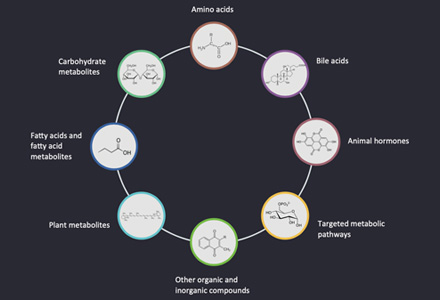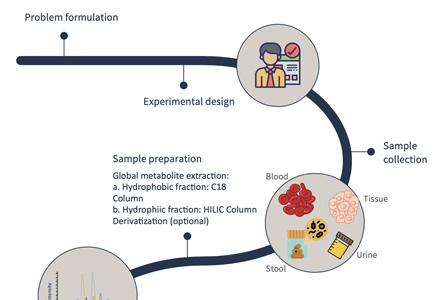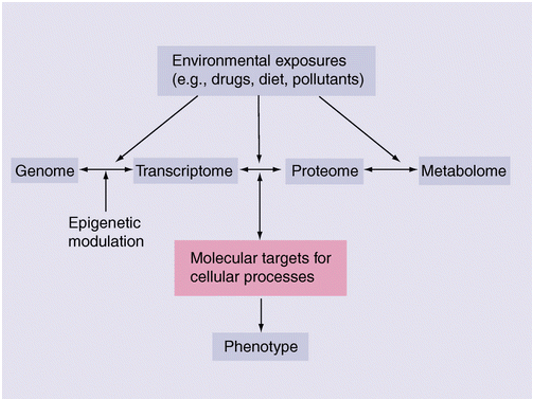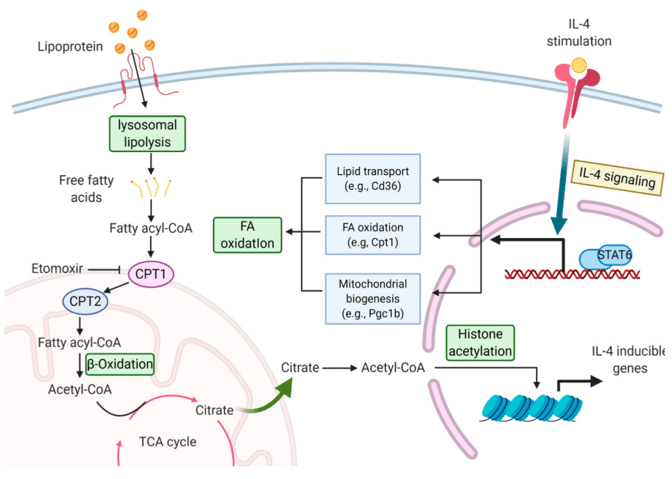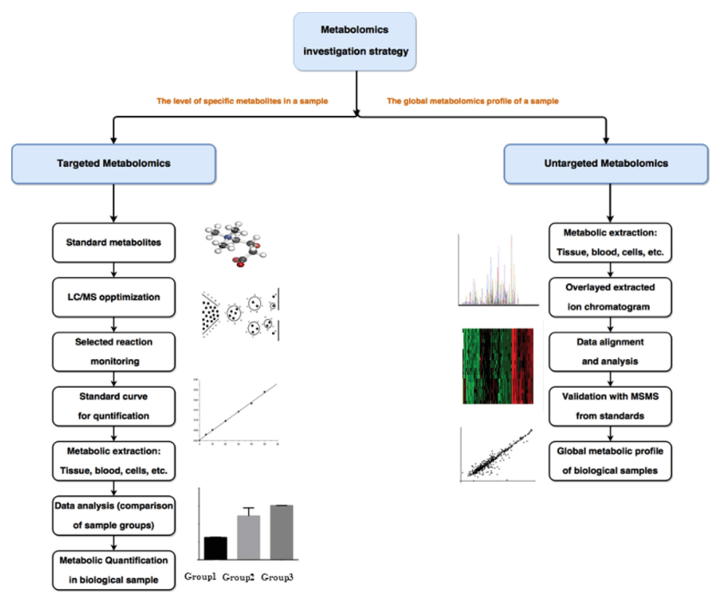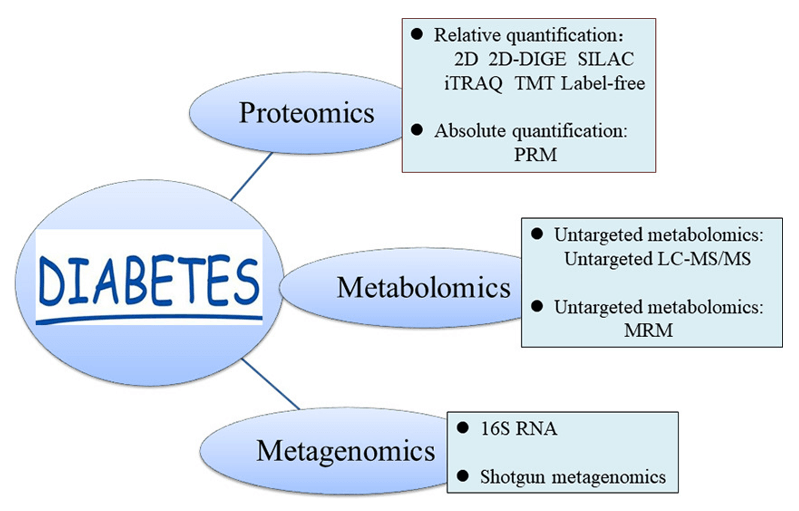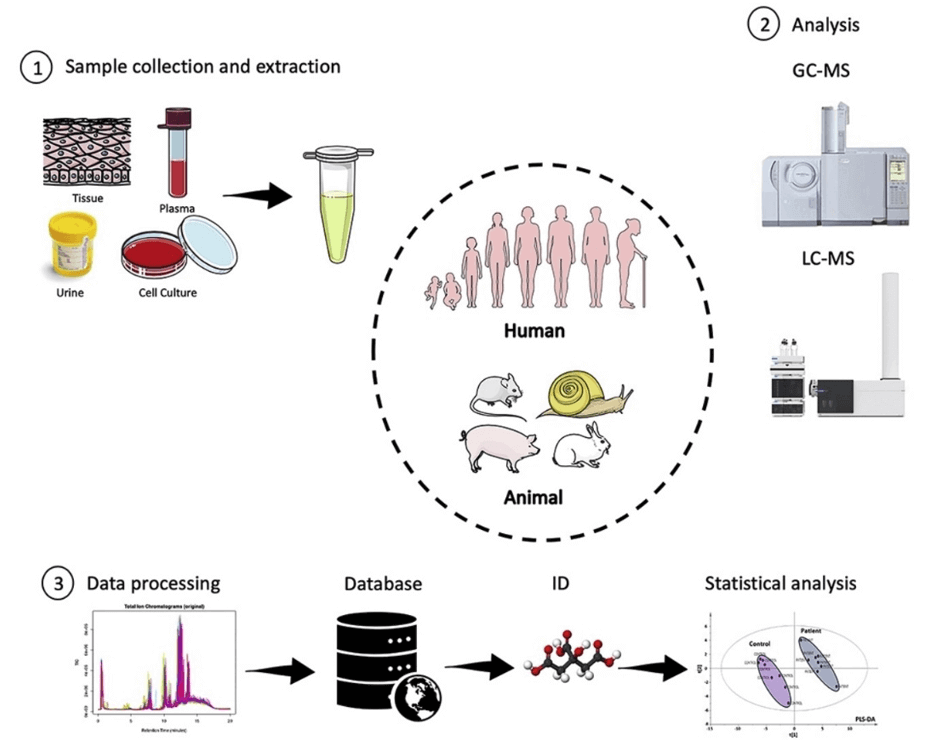6-phosphogluconic Acid Analysis Service
Submit Your Inquiry6-Phosphogluconic acid (6-phosphogluconate) is an intermediate metabolite in the pentose phosphate pathway and the Entener-Dudloff pathway. It is produced by 6-Phosphogluconic acid lactase and is acted upon by phosphogluconate dehydrogenase to produce ribulose 5-phosphate. 6-Phosphogluconic acid can also be acted upon by 6-Phosphogluconic acid dehydratase to produce 2-keto, 3-deoxy-6-phosphogluconic acid.
Creative Proteomics based on liquid chromatography-mass spectrometry (LC-MS) technology uses Thermo Scientific's U3000 fast liquid chromatography for sample separation and Thermo Scientific™ Q Exactive™ for sample identification, allowing efficient and accurate detection of 6-phosphogluconic acid content changes. In addition, we offer other glycolysis product assays to meet your different needs.
 Molecular structure of 6-phosphogluconic acid
Molecular structure of 6-phosphogluconic acid
Technical Route of Targeted Metabolomics of 6-phosphogluconic Acid
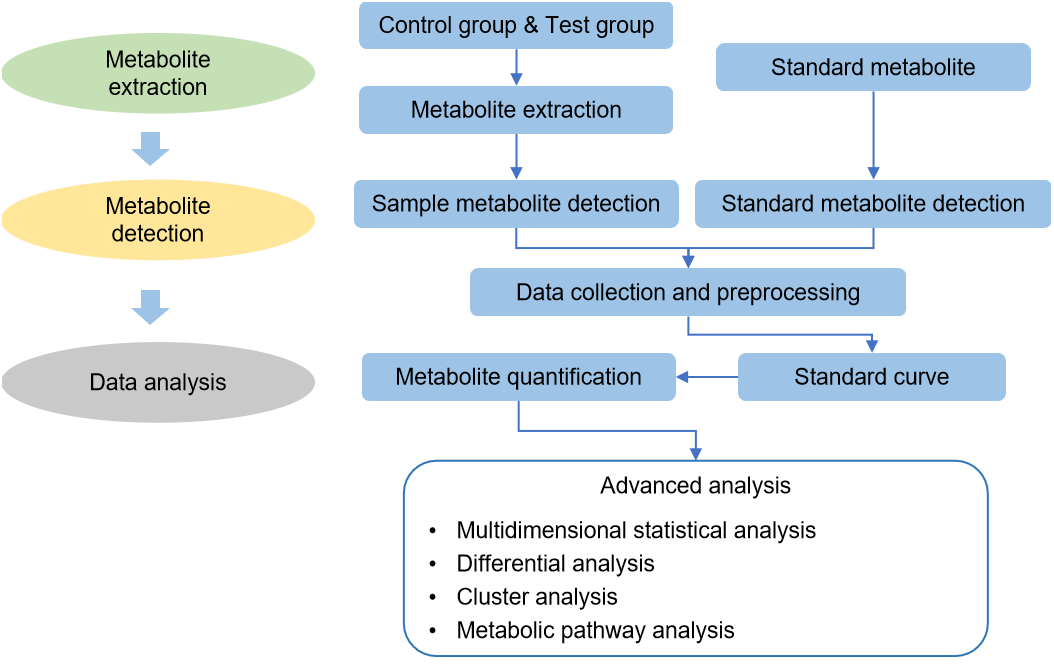
Sample Requirements
- Tissue sample > 200 mg
- Cells or bacteria > 107, supernatant > 2 ml
- Plasma ≥ 200 μL/sample
- Blood / Serum / Plasma ≥ 200 μL/sample
- Urine > 100 µl
For other sample types, please consult technical support or sales.
It is recommended that select more than 3 materials with the same condition for each sample and prepare 6 biological replicates for each group.
Feedback to Customers
- Experimental procedures
- The parameters of liquid chromatograph and mass spectrometer
- Purity analysis report
- MS raw data files and MS data quality inspection
- Absolute quantitative analysis data
Turnaround time: About 1-4 weeks.
Creative Proteomics offers several approaches to metabolomics studies, delivers precise and detailed data and analysis report. We can also customize the methods or establish new methods together with our collaborators, so they are fit-for-purpose and meet your specific needs. If you have any questions or specific requirements, please feel free to contact us.
References
- Riera-Borrull M, Rodríguez-Gallego E, Hernández-Aguilera A, et al. Exploring the process of energy generation in pathophysiology by targeted metabolomics: performance of a simple and quantitative method. Journal of the American Society for Mass Spectrometry, 2015, 27(1): 168-177.
- Kim M J, Lee M Y, Shon J C, et al. Untargeted and targeted metabolomics analyses of blackberries – Understanding postharvest red drupelet disorder. Food Chemistry, 2019, 300:125169.
- Wang X, Zhao X, Zhao J, et al. Serum metabolite signatures of epithelial ovarian cancer based on targeted metabolomics. Clinica Chimica Acta, 2021, 518: 59-69.


